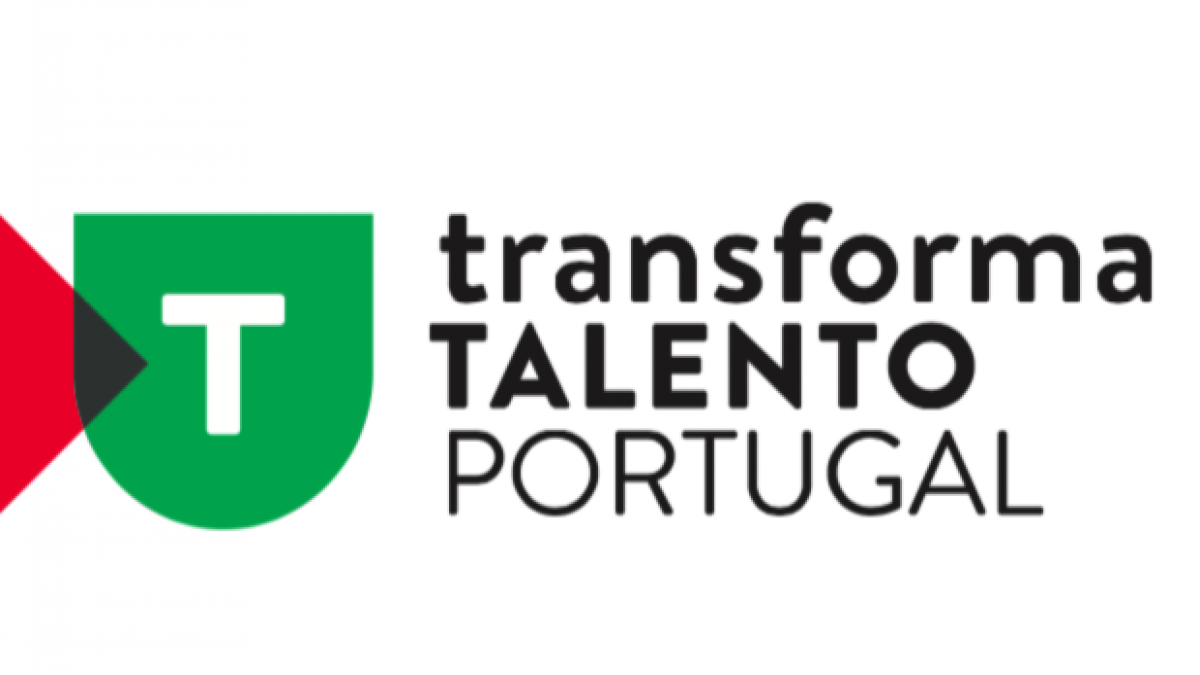The Transform Talent Portugal Movement, promoted by COTEC Portugal and the Calouste Gulbenkian Foundation, and with the High Patronage of the President of the Republic, follows the Transform Talent Portugal Study, and intends to lead and ensure the implementation of the thirteen measures identified by the study for the transformation of Talent in Portugal.
Promoted by COTEC Portugal and the Calouste Gulbenkian Foundation, in partnership with Everis Portugal, and with the High Patronage of His Excellency the President of the Republic, the Transform Talent Portugal Study, publicly presented at the 11th National COTEC Innovation Meeting on the 26th February, 2015, intended to analyze and diagnose the situation of generation and the underutilization of talent in Portugal, formulating a proposal to improve the conditions of production, development, maximum achievement and absorption of national talent, to be carried out by both civil society and by political power.
The Transform Talent Portugal Study had as main objectives:
- Contribute to increasing the debate and awareness about the reality and opportunities of Talent in Portugal, starting from civil society to identify, accelerate and expand the necessary reforms.
- Streamline the initiative on the transformation of talents produced in Portugal and the sharing of collective visions and proposals, which a sample of civil society together with experts understand as fundamental to the transformation of Talent, placing emphasis on Talent’s real contribution to the competitiveness, sustainability, entrepreneurship and innovation of the Portuguese business fabric.
- Contribute to the definition of the strategic lines necessary for the development and maximum achievement of each Talent and for the promotion of their diversity (business, entrepreneurs, scientific, artistic, sports, among others).
Resulting from a collective intelligence exercise, which involved the collection of testimonies from 6 collective entities, such as ANJE, APICCAPS, or Global Shapers Lisbon, and 48 leading personalities, including Alexandre Soares dos Santos, António Melo Pires, António Mexia , António Vitorino, Belmiro de Azevedo, Carlos Melo Ribeiro, Elvira Fortunato, Gabriela Canavilhas, Laurinda Alves, Luís Portela and Nuno Ferraz de Carvalho, among others, the study addresses talent in an integrated way, from its identification in the family and in initial phases of the education system, to its development and full appreciation in several entities, with emphasis on the business sector.
The process developed to carry out the Study made it possible to identify 57 problems in the production, intermediation and enhancement of Talent in Portugal, for the resolution of which 40 concrete action measures were proposed, and within these selected the 13 considered to be a priority. In addition, the document presents 49 case studies used as an example of good practice to solve many of the identified problems.
The 13 priority measures for the transformation of Talent in Portugal identified are as follows:
- Creation of mechanisms to raise awareness and increase family participation in the education and training of young people;
- Identification of the talents of school-age youth through teachers and schools;
- Flexibility of the school itinerary and enrichment of the educational curriculum;
- Introduction of inter-relational learning mechanisms that promote the development of soft skills;
- Adaptation of teaching methods to reinforce students’ autonomy, confidence and accountability;
- Investing in teacher training mechanisms with a view to renewing technical skills and adopting innovative teaching methods;
- Consolidation of a culture of meritocracy and rigor in Higher Education institutions;
- Creation of mechanisms that encourage greater sharing and articulation of knowledge between universities and companies;
- Development of an entrepreneurial mindset and creation of know-how on how to be an entrepreneur;
- Creation of mechanisms that encourage a closer relationship between science and society;
- Promotion of an organizational culture oriented to the appreciation of talents;
- Creation of mechanisms for the recognition and appreciation of talents in Portugal;
- Empowering the competitive positioning of universities.
You can consult the following documents:


